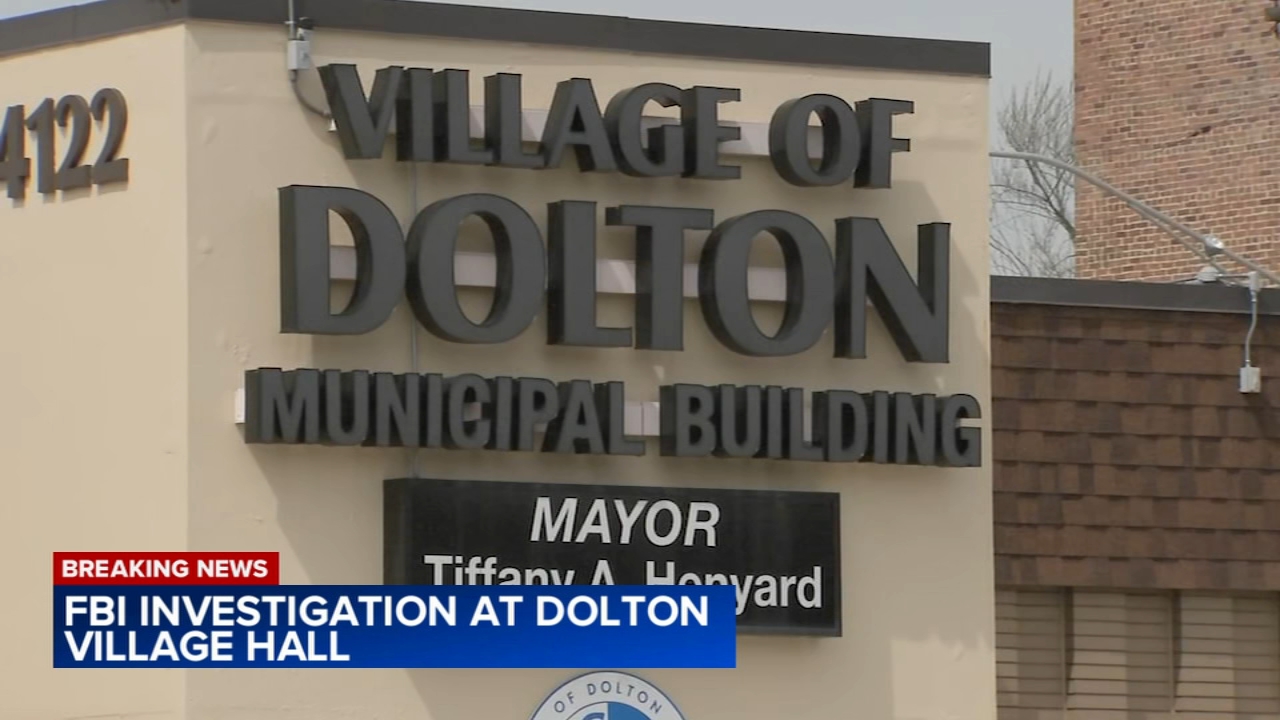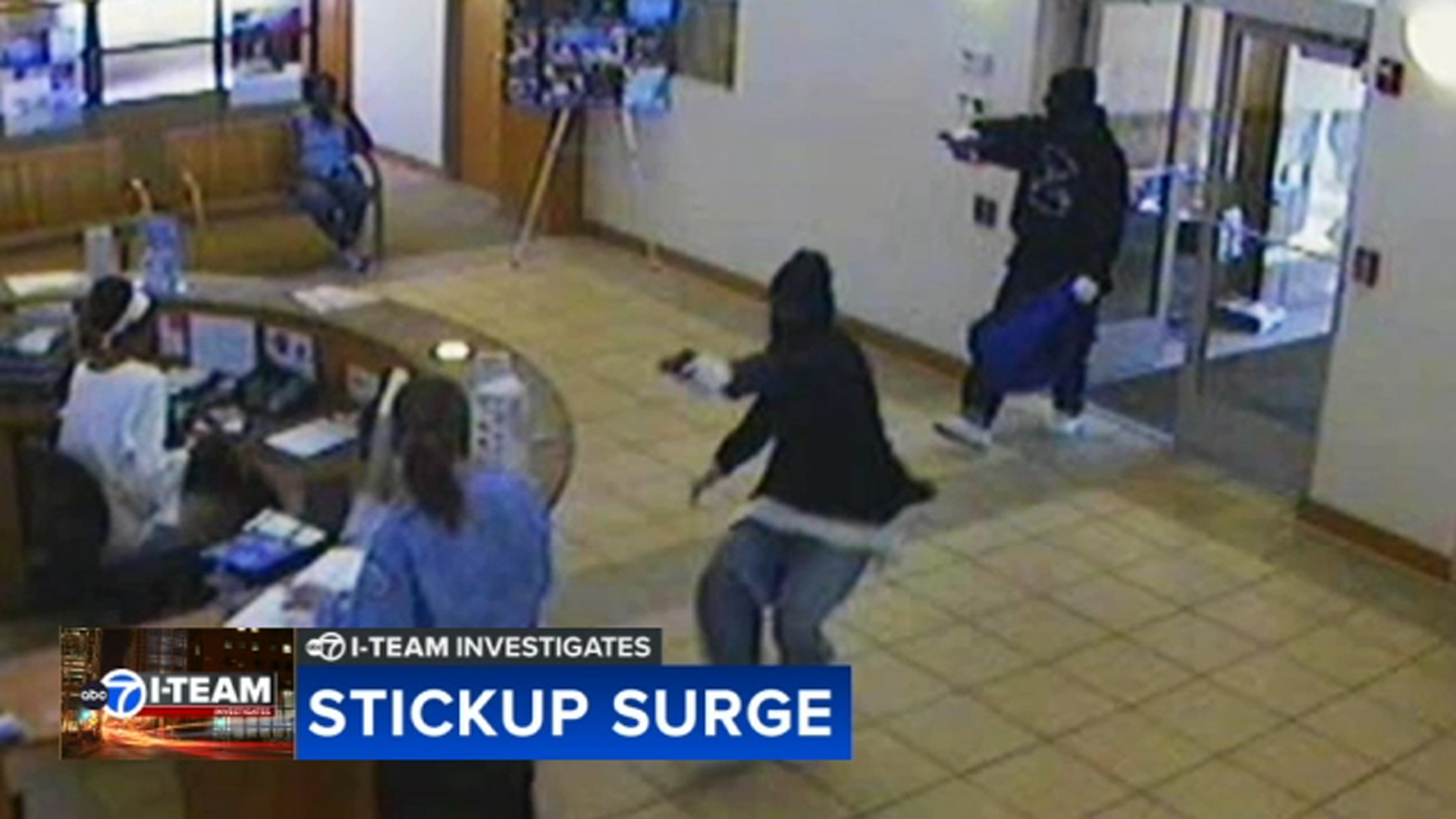Will Jabari Parker and the Bulls be a good match?

Jabari Parker is a member of the Chicago Bulls, agreeing to a two-year, $40 million deal Saturday after the Milwaukee Bucks cleared the way for Parker's departure by agreeing to rescind their qualifying offer to him.
Why would the Bucks let Parker go? And what kind of player and value are the Bulls getting by using the remainder of their cap space? Let's take a look.
Parker deal would have tested Bucks' cap situation
Milwaukee has yet to officially sign forward Ersan Ilyasova to the three-year, $21 million deal reported in the opening hours of free agency. However, doing so using the non-taxpayer midlevel exception -- the Bucks' only mechanism for signing Ilyasova barring clearing at least $27 million in salary to create sufficient cap space -- would hard-cap Milwaukee at the luxury-tax apron of $130 million in payroll.
Under no circumstances are the Bucks allowed to exceed that figure if they're hard-capped, including unlikely incentives for center John Henson and forward Tony Snell. Matching an offer sheet to Parker, which would have paid him between $19.5 and $20.5 million the first year, would have put them at a minimum of $126-plus million before completing the reported signings of Ilyasova and center Brook Lopez (one year, $3.4 million). Add those in and Milwaukee would be far over the apron.
The Bucks have the odd problem that they don't have any small contracts that are particularly poor values. Not counting Ilyasova and Lopez, the other Milwaukee players set to make less than $9.6 million next season are all recent draft picks on their first contracts and unlikely trade candidates. So the Bucks would probably have to have traded one of their bad contracts to make room for Parker: guard Matthew Dellavedova ($9.6 million), center John Henson ($11.3 million) or forward Tony Snell ($10.6 million).
Realistically, making that kind of move wasn't worth it to match a deal that seemingly pays Parker more than Milwaukee was willing to offer. So the Bucks holding on to Parker's match rights would have only delayed the inevitable. Now the question becomes just what the Bulls are getting.
Parker productive after ACL injury, but ineffective defensively
Having suffered a second tear of his left ACL in February 2017, Parker returned nearly a year later and played the final 31 games of the 2017-18 regular season. During that span, Parker's per-play stats weren't dramatically different than in the previous season, when he averaged a career-high 20.1 points per game. Parker saw slight declines in both his usage rate (from 26.5 percent of Milwaukee's plays to 24.4 percent) and true shooting percentage (from .563 to .550), but still put up 18.9 points per 36 minutes -- down just 2.5 per 36 from his 2016-17 mark.
Instead, the effect of Parker's injury was more evident at the defensive end of the court. The Bucks allowed 109.5 points per 100 possessions with Parker on the floor, according to NBA Advanced Stats, a mark that would have tied the Cleveland Cavaliers for 29th in the NBA last season. Milwaukee was even worse when Parker played without Giannis Antetokounmpo, allowing a 110.8 defensive rating that would have been the league's highest.
Parker was somewhat more effective defensively during the Bucks' seven-game playoff series against the Boston Celtics, averaging 28.5 minutes over the last five games of that series and playing a key role in Milwaukee's home victories. So it's certainly possible he could perform better with increased focus at the defensive end. However, Parker was a subpar defender even before his second ACL injury, so the results weren't terribly surprising.
In many ways, Parker is the frontcourt version of new teammate LaVine, another talented scorer who's struggled at the defensive end throughout his career. Both players have four seasons of experience, suffered ACL injuries in February 2017 that kept them out much of last season and got big deals this summer anyway. The two seem ill-fitted to pair together, given the way their strengths and weaknesses overlap, diminishing the value of their offense and exacerbating the hit Chicago would take defensively.
There's also the question of where Parker will play for the Bulls. A combo forward, Parker is best offensively playing the 4, where his relatively infrequent 3-point shooting (3.9 attempts per 36 minutes last season, although Parker shot a career-best 38 percent on those shots) presents less of a spacing issue. But Chicago already has 2017 lottery pick Lauri Markkanen there, meaning -- as reported by K.C. Johnson of the Chicago Tribune -- Parker will likely play the majority of his minutes at small forward.
Bulls failed to maximize cap space
Chicago entered this summer capable of creating more cap space than any other team, which figured to put the Bulls in a power position when it came to demanding draft picks or prospects to take on bad salary. Yet the combination of matching LaVine's offer sheet from the Sacramento Kings and making this one for Parker has exhausted Chicago's cap space. In fact, the Bulls had to rescind their qualifying offer to second-year wing David Nwaba and renounce his rights just to sign Parker.
So Parker is all they have to show for the league's most cap space, a disappointing outcome. Yes, Chicago was better off targeting the 23-year-old Parker than a more experienced free agent who wouldn't fit the timeline of promising recent lottery picks Markkanen and Wendell Carter Jr., who's been perhaps the most impressive rookie at the NBA Las Vegas Summer League. But the Bulls could have made a deal similar to the one the Brooklyn Nets completed with the Denver Nuggets earlier this week to get a 2019 first-round pick by taking on the salaries of Darrell Arthur and Kenneth Faried. By comparison, Chicago's deal with Parker doesn't seem to provide as much upside.
For Parker to be a good value at $20 million a season, he'll have to develop into the All-Star-caliber player teams expected when he was drafted No. 2 overall by Milwaukee after a single season at Duke. (That was, of course, two ACL injuries ago.) Even if that happens, the Bulls will get just two seasons of benefit before having to re-sign Parker as an unrestricted free agent at the tender age of 25.
There are more scenarios where Parker will prove overpaid. If he continues to be limited defensively, he's probably more of a high-scoring sixth man than a quality starting option. That would put Parker's value in the range of Nuggets wing Will Barton, who got a four-year deal that will pay him barely more the next two seasons ($24.6 million) than Parker will get per year. Worse yet, if Parker suffers any kind of injury recurrence or setback, he might not be worth even that much.
On the plus side, the Bucks rescinding Parker's qualifying offer allowed Chicago to make the second season of Parker's deal a team option, according to ESPN's Adrian Wojnarowski. That protects the Bulls in case Parker doesn't fit and allows them to create up to $45-plus million in cap space next summer even after paying LaVine. So Chicago could still have a chance to use its cap space more productively in 2019 than this year.




